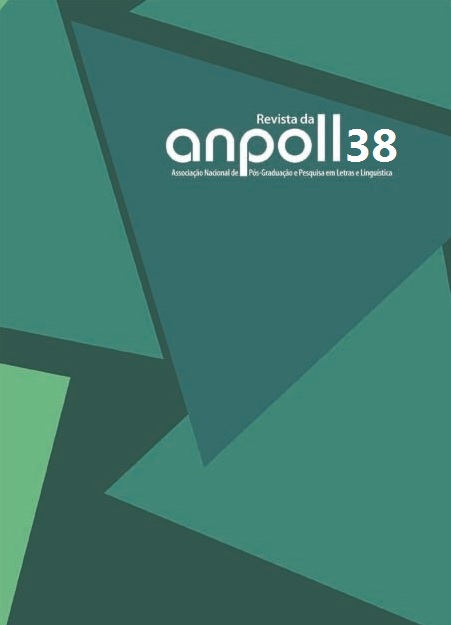The end of universality: new collectivities in current literary studies
DOI:
https://doi.org/10.18309/anp.v1i38.831Keywords:
Comparative literature, Universalism, Obverse, Literatura comparada, Universalismo, ObversoAbstract
The author investigates how the literary studies reacted to the conceptual crises of universalism, especially after WWII. In order to replace a concept that refers to the ability of a literary work to transcend time and space, literary studies should focus on different and specific collectivities that, situated in time and space, read and interpret literary works. The author makes use of the concept of the obverse, in which two poems, from different historical moments and intellectual traditions are compared based on a common social-historical problem they are trying to solve.
O autor investiga sobre como os estudos literários reagiram à crise do conceito de universalismo, sobretudo depois da II Guerra Mundial. Para substituir um conceito que se refere à capacidade de uma obra literária transcender tempo e espaço, os estudos literários deveriam indagar sobre as diferentes coletividades específicas, no tempo e no espaço, que leem e dão significado à obra literária. Para isso, o autor se utiliza do conceito de “obverso”, em que dois poemas, de épocas e tradições intelectuais diferentes, são comparados a partir de um problema sócio-histórico que tentam resolver.

This work is licensed under a Creative Commons Attribution 3.0 License.
Downloads
Downloads
Published
How to Cite
Issue
Section
License
Os trabalhos publicados na Revista da Anpoll são licenciados sob os termos da licença Creative Commons Atribuição 4.0 Internacional. Assim, os/as autores/as ou terceiros podem copiar e redistribuir o material licenciado em qualquer suporte ou formato, e remixar, transformar, ou criar a partir do material desde que sejam dados os devidos créditos ao trabalho original. Ressalta-se que a redistribuição, transformação ou criação, de iniciativa de dos/as autores/as ou de terceiros, deve mencionar a precedência de sua publicação neste periódico, citando-se o volume, número e data desta publicação.






